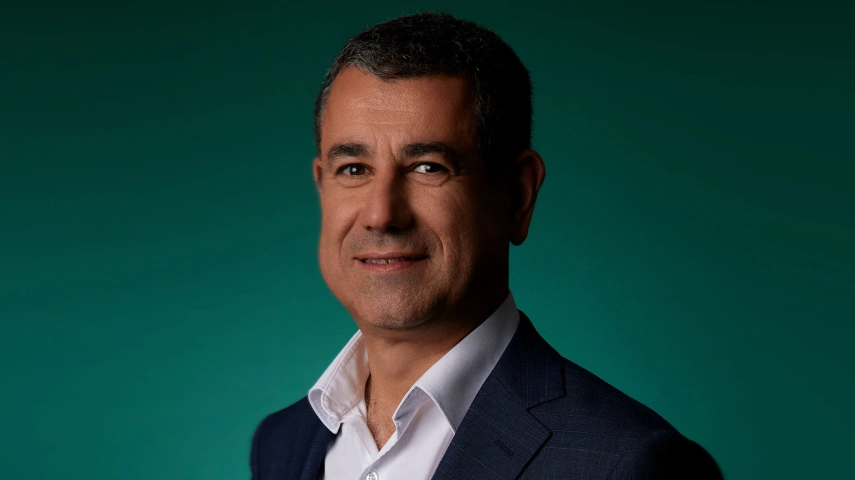Capturing AI demand through thematic ETFs



Global X Australia’s Manny Damianakis unpacks how thematic exchange-traded funds (ETFs) are helping advisers capture investor interest for specific megatrends.
Speaking on a recent Relative Return episode, Manny Damianakis, head of sales at Global X, discussed the popularity of thematic ETFs and the benefits they offer advisers.
Thematic ETFs allow investors to target specific long-term megatrends, providing a more focused investment approach compared to traditional funds.
“A lot of financial planners have traditionally used managed funds to access shares, property, bonds and cash. With the growth of ETFs, advisers can now deliver advice using the same vehicles but with broader options,” Damianakis explained.
“You can have global ETFs, country-based ETFs, sector ETFs and thematic ETFs. Investors are often interested in specific areas they know about, like Nvidia, whose stock price has surged. This interest drives us to build products that cater to these themes.”
As advisers receive more questions from clients regarding specific technology stocks such as Apple or Meta, advisers are increasingly turning to thematic ETFs to capture this demand.
In particular, the sales head noted the strong performance of artificial intelligence (AI) in recent times. As a result, the firm launched its Global X Artificial Intelligence ETF on the ASX in April this year, providing investors targeted exposure to companies directly involved in AI technologies.
The ETF tracks the Indxx Artificial Intelligence & Big Data Index, which focuses specifically on investing in companies along the AI value chain, including those involved in generative AI technology providing automation of systems and AI-as-a-service solutions.
Commenting on the launch at the time, Global X chief executive Evan Metcalf said: “AI is not a flash in the pan, it’s a structural shift which will change industries and life as we know it. Australian investors can use [the ETF] to invest in leading companies across the value chain of this megatrend which are positioned to benefit from AI adoption and innovation.”
According to Damianakis, the Australian AI ETF is a near replication of its Artificial Intelligence & Technology ETF, a US-based product which has been listed since 2018.
Since launching the Australian product in April 2024, he observed the notable demand it has received from investors and advised clients.
“We’ve already had significant traction in it, because all the research tells us we are at the beginning of something quite profound in terms of where our markets and innovation is going. Artificial intelligence is not just a stock market thematic; it’s significant within the economy,” he remarked.
“The ETF is specifically targeting a basket of 85 securities that either have AI attributes or are sectors that will benefit from investments in AI. When we launched [the ETF], we felt that was going to be more desirable for direct investors and people that run their own portfolios.
“But we actually have seen demand in adviser-led portfolios looking for growth opportunities. So they’ll have a standard portfolio and then [advisers] will look at areas where they can invest for longer-term growth and [our AI ETF] fits into that.”
Earlier this year, Global X saw assets under management (AUM) in its Australian business reach $7 billion due to the drive for technology-focused ETFs.
It noted technology and thematic ETFs have seen strong inflows from Australian investors as they seek to position their portfolio with growth-orientated assets.
Click here to listen to the full Relative Return episode with Manny Damianakis.
Recommended for you
Clime Investment Management has welcomed an independent director to its board, which follows a series of recent appointments at the company.
Ethical investment manager Australian Ethical has cited the ongoing challenging market environment for its modest decrease in assets over the latest quarter.
Commentators have said Australian fund managers are less knowledgeable compared with overseas peers when it comes to expanding their range with ETFs and underestimating the competition from passive strategies.
VanEck is to list two ETFs on the ASX next week, one investing in residential mortgage-backed securities and the other in Indian companies.















